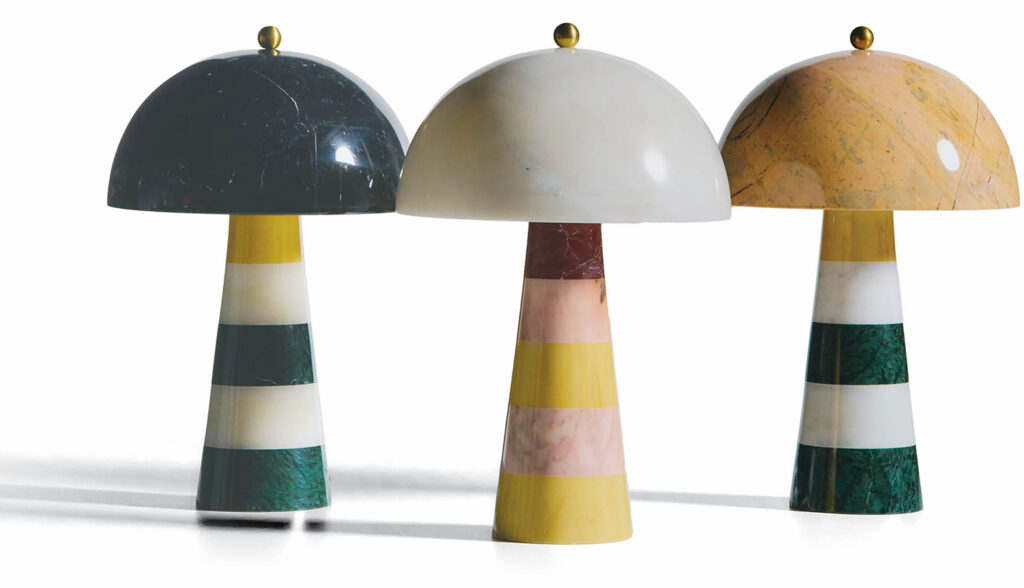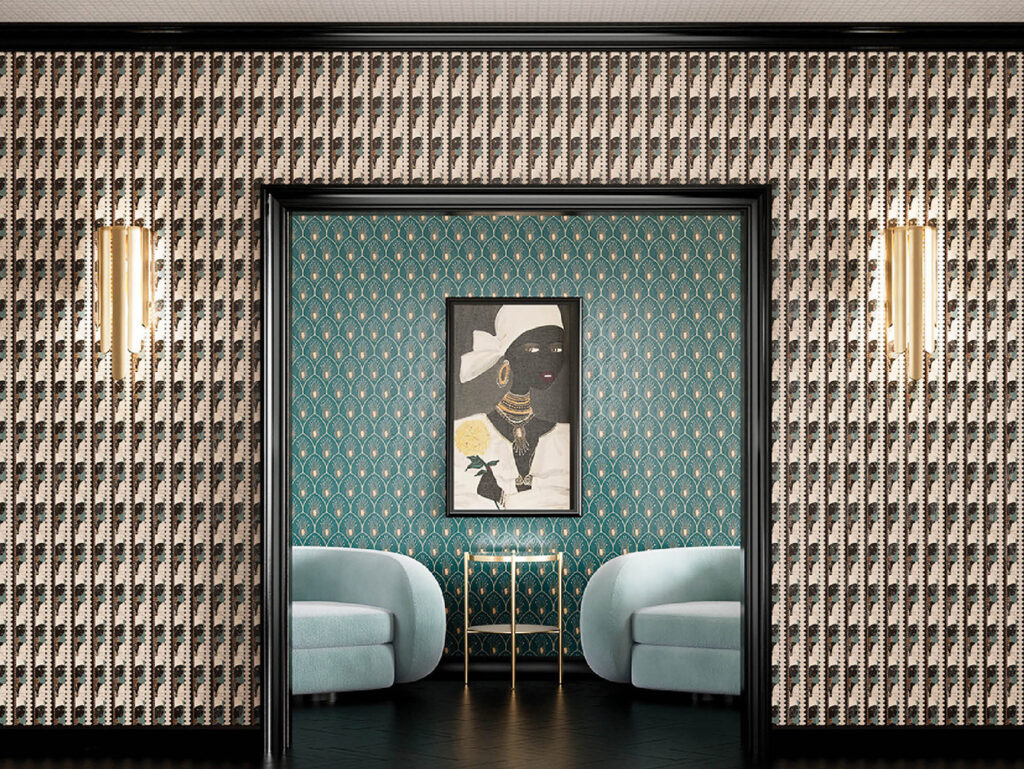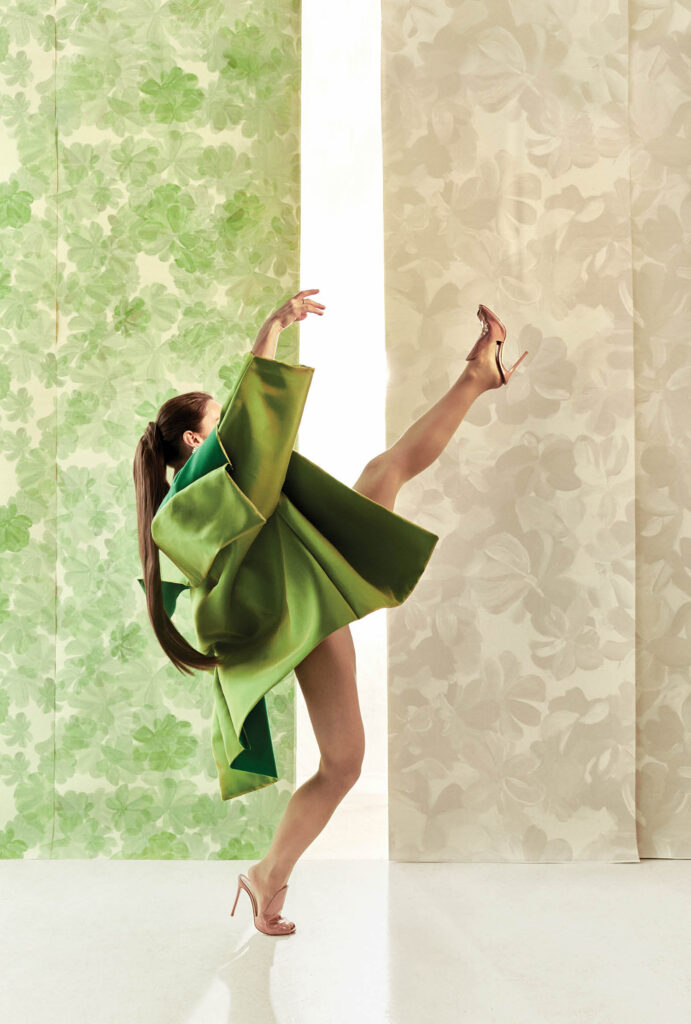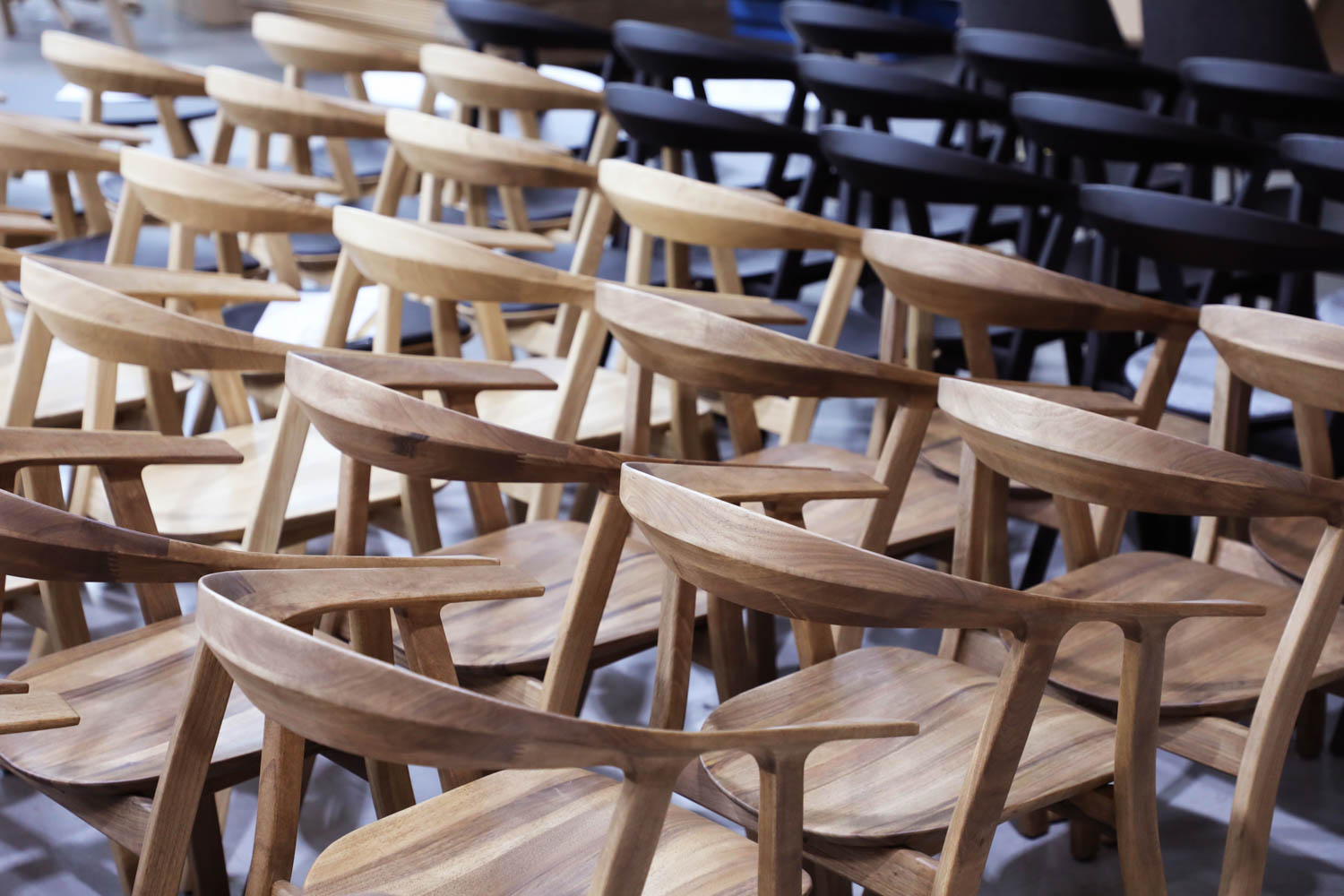
Partner Content: Prostoria Embraces Sustainability In All Aspects
If there’s anything Croatian furniture design brand Prostoria is known for, it’s their diverse collections that marry understated beauty with innovative design. Take their Rhomb or Dobra chairs with unique silhouettes and curvatures. But what makes this brand even more formidable is an all-encompassing commitment to sustainability, which extends from the initial design process and the selection of natural production materials to the final product.
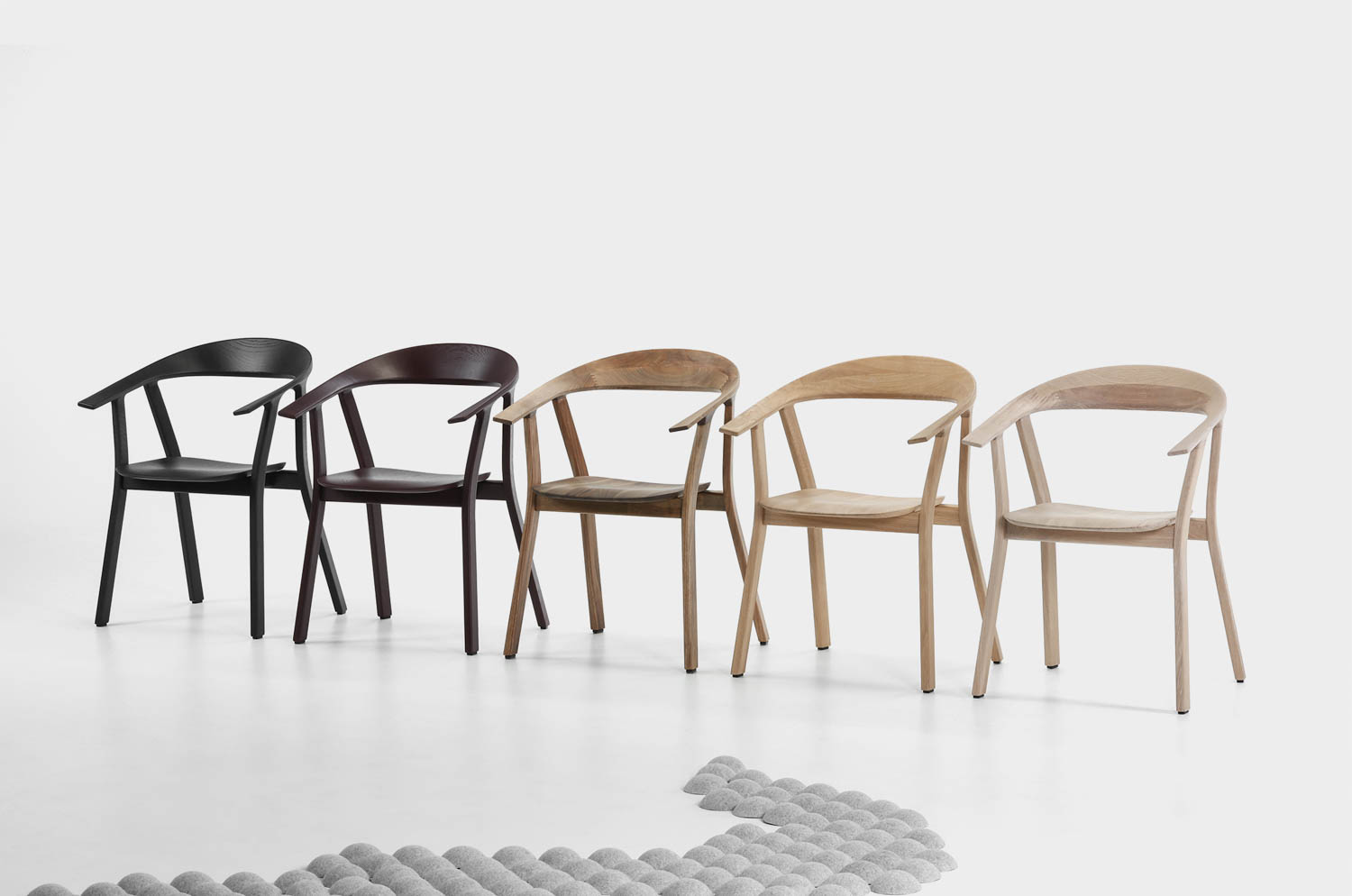
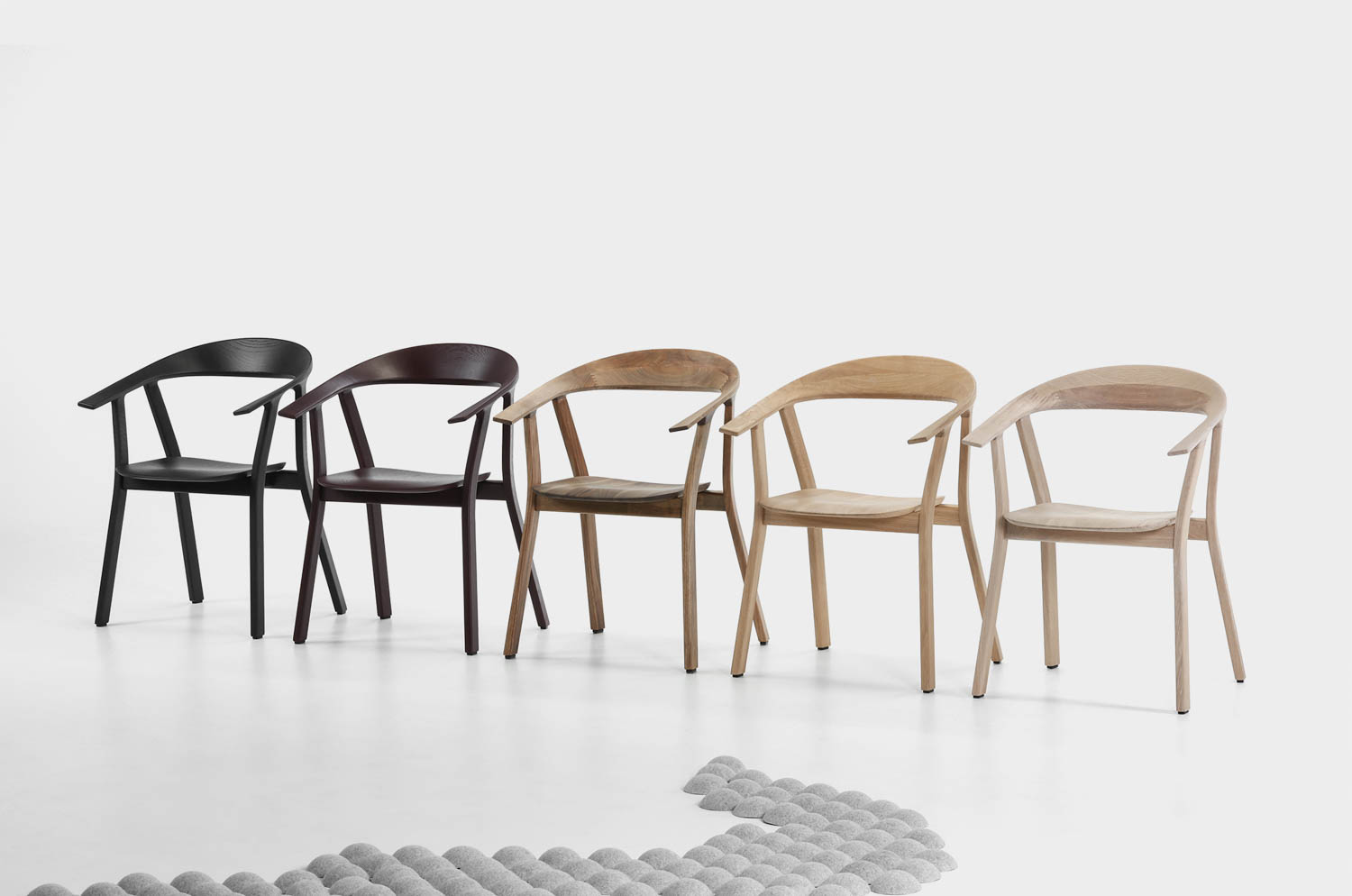
To aid in their commitment to sustainability, Prostoria created Štof by Prostoria, a circular economy platform and shop in Zagreb, through which they sell all the textiles from their previous collections. At the shop, they also restore vintage furniture, recycle extra fabric waste, and create new accessories from leftover textiles—their latest Štof project comprises two kinds of tote bags designed from previous Prostoria textile collections. They also donate leftover fabric to nearby schools for their arts and crafts programs.
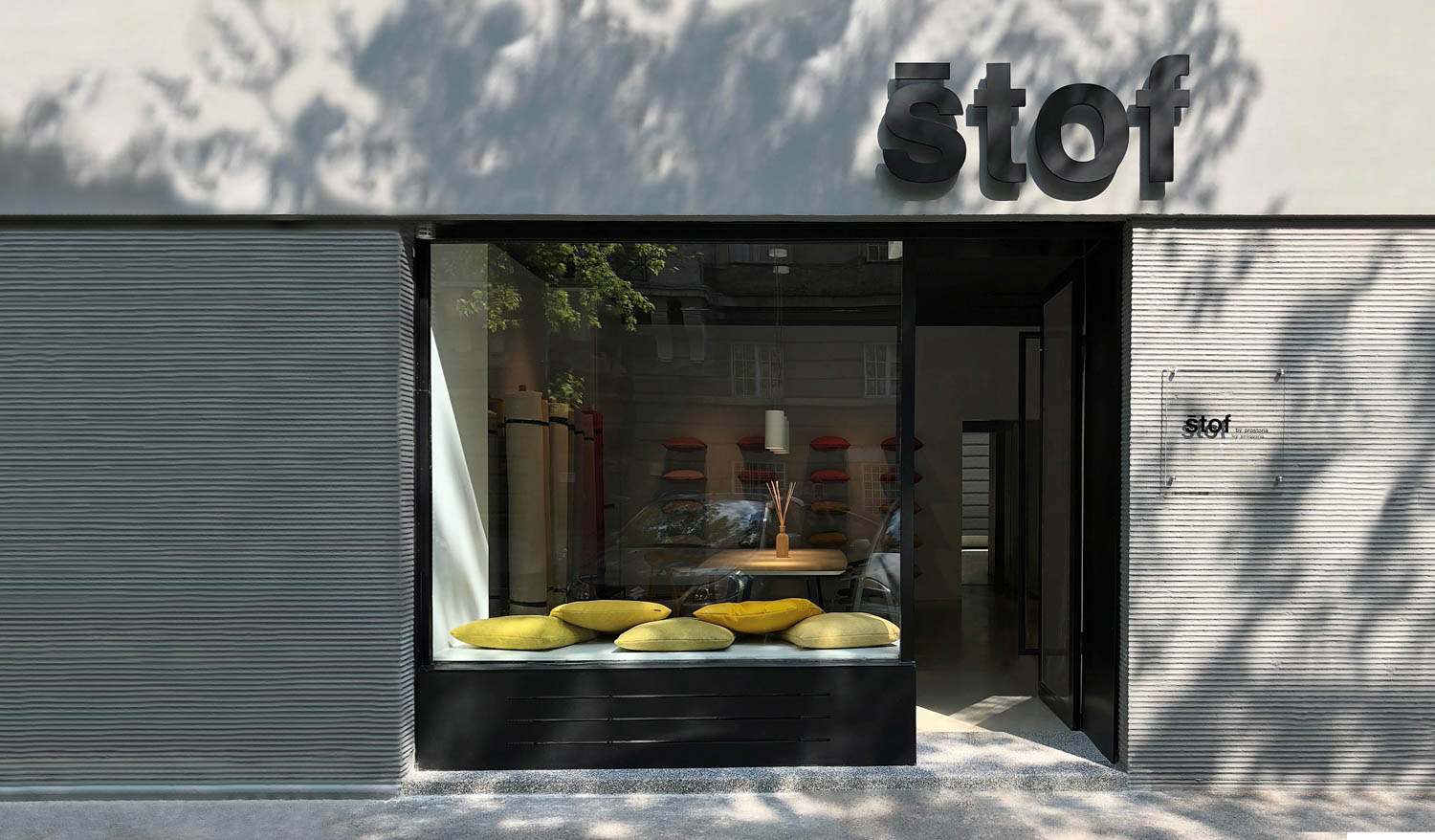
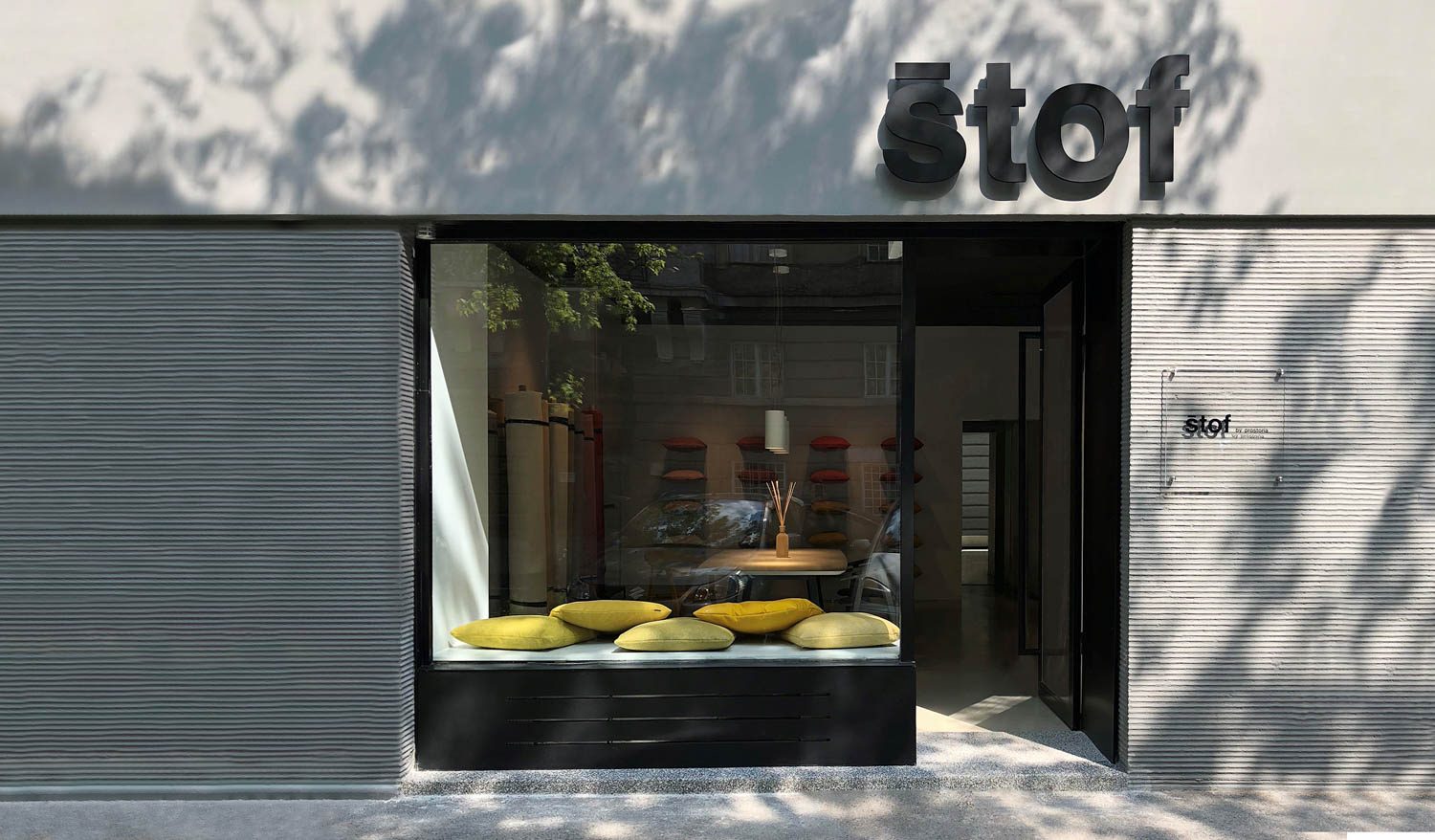
Sustainability is already built into the design process, as Prostoria aims to create products that have meticulous craftsmanship and can age gracefully. Sourcing natural materials like Slavonian wood from local landscapes, as well as recycled materials, Prostoria’s products are designed with great attention to detail and even have components that can be replaced or easily repaired to extend the product’s lifespan.
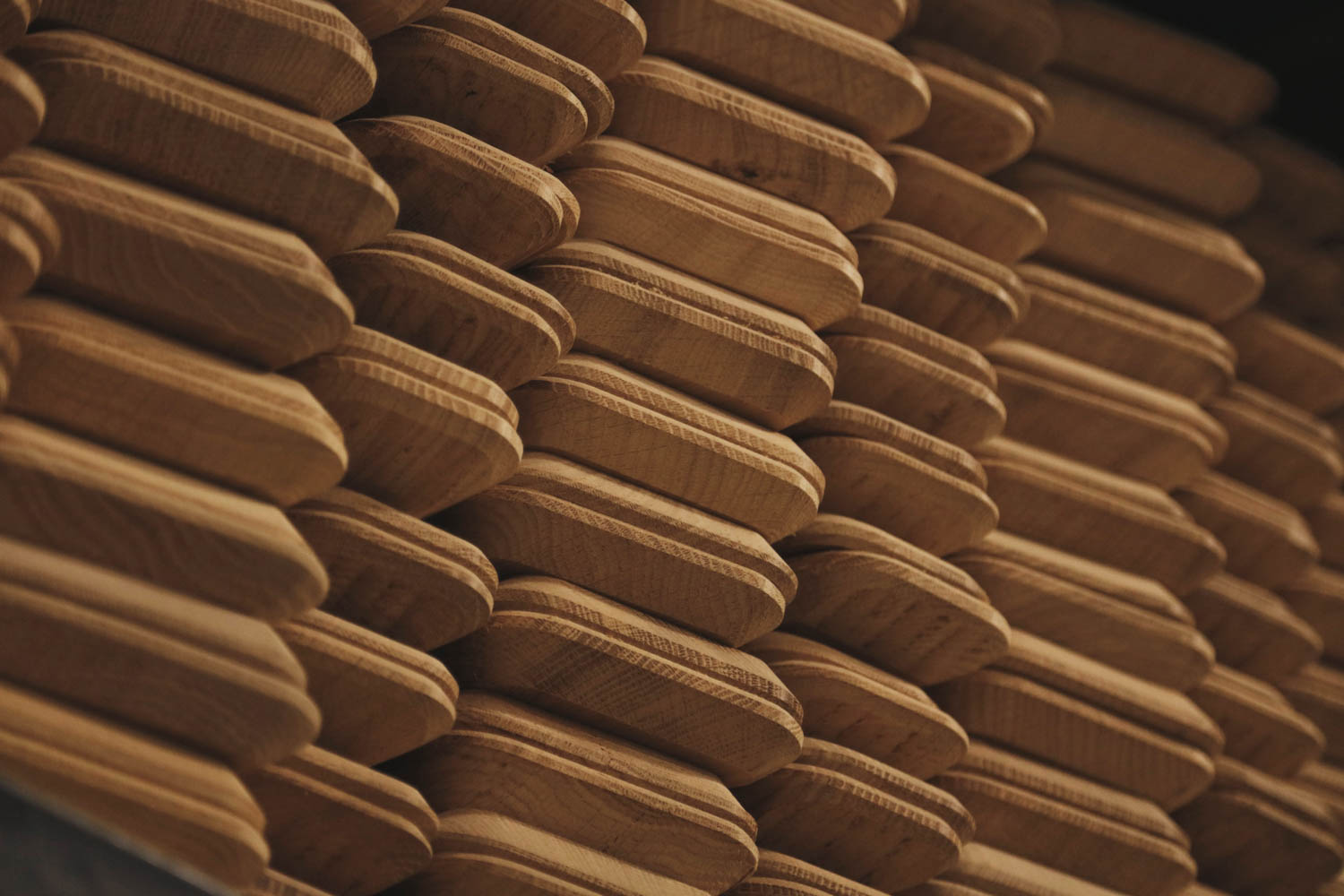
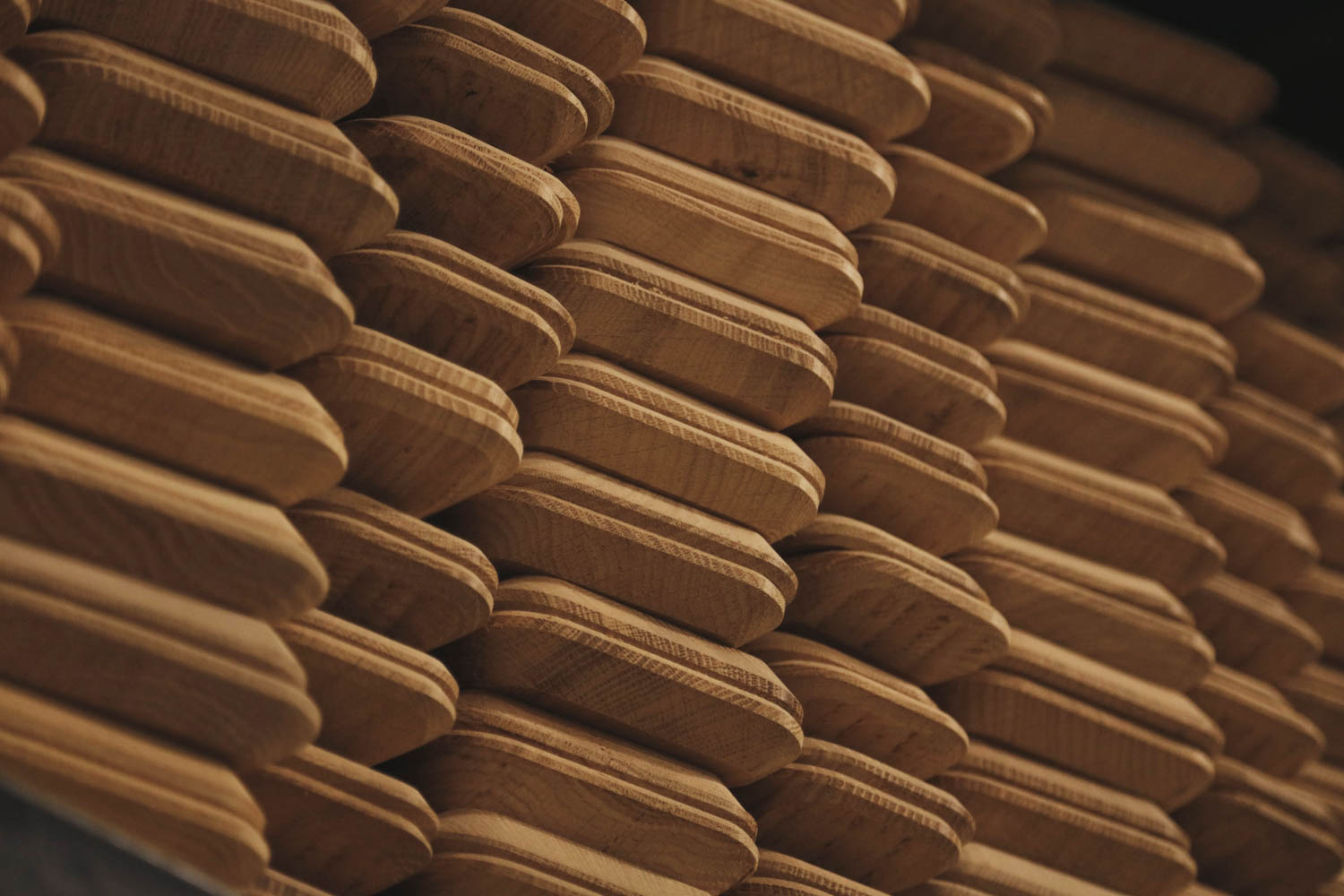
Even Prostoria’s factory and research lab in Sveti Križ Začretje upholds the brand’s sustainability policy, as it holds many certifications like the FSC® (FSC C136756 Chain of Custody) certificate, the ISO 9001:2015 Quality Management System Certificate and adheres to the ISO 14001:2015 Environmental Management System. So, it is only natural that the brand works with manufacturers who also share the same sustainable vision, guaranteeing that the raw materials are of the highest quality and have a long lifespan.
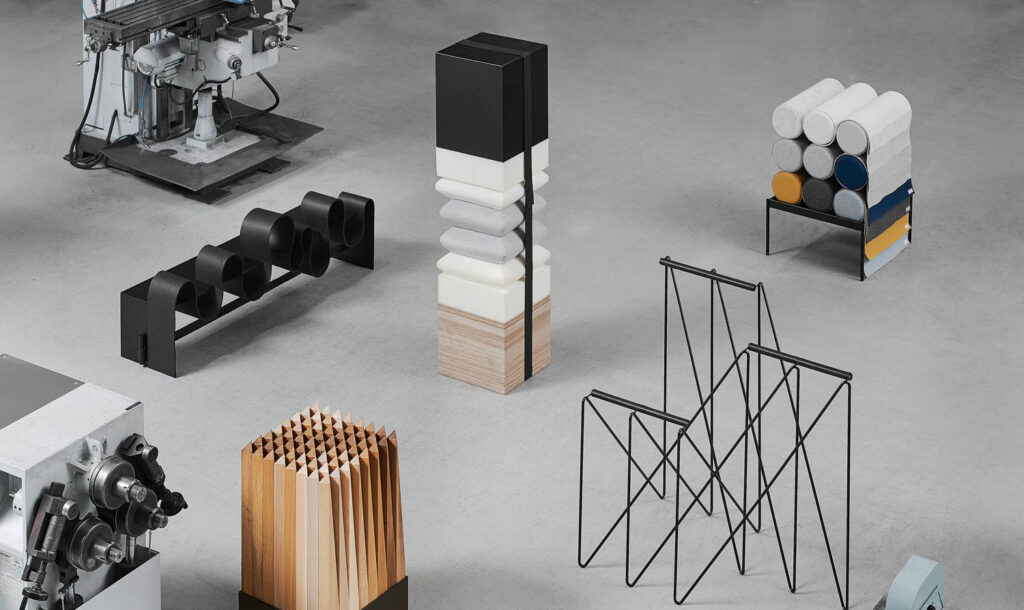
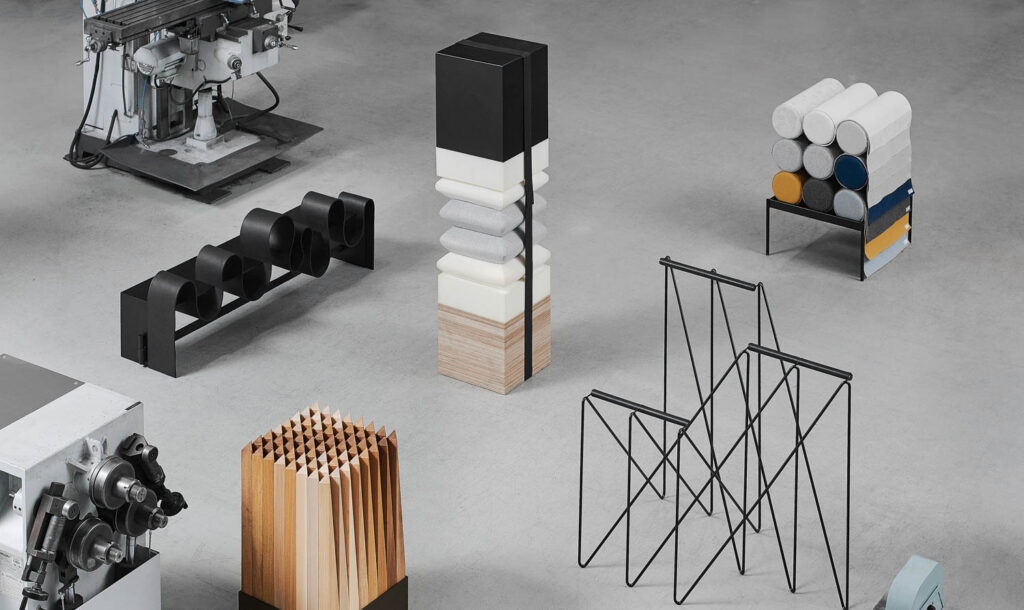
Of course, Prostoria is active about waste management and works hard to reuse all leftover material. For example, all wood waste, such as sawdust, is sold to the wood-pellet industry, while small wood residues are sold locally in the community as firewood. Metal waste is sent to a nearby foundry where it is melted down and prepared for reuse. Waste that is hazardous to the environment, such as wastewater, glue, and packaging residue, is managed by outsourced specialized companies. Also, Prostoria’s Head of the Quality Management System and sculptor Anđela Vilić utilizes remnants production materials, which are classified as “waste” for art installations at Prostoria’s storefronts in Croatia, breathing new life into these leftover materials.
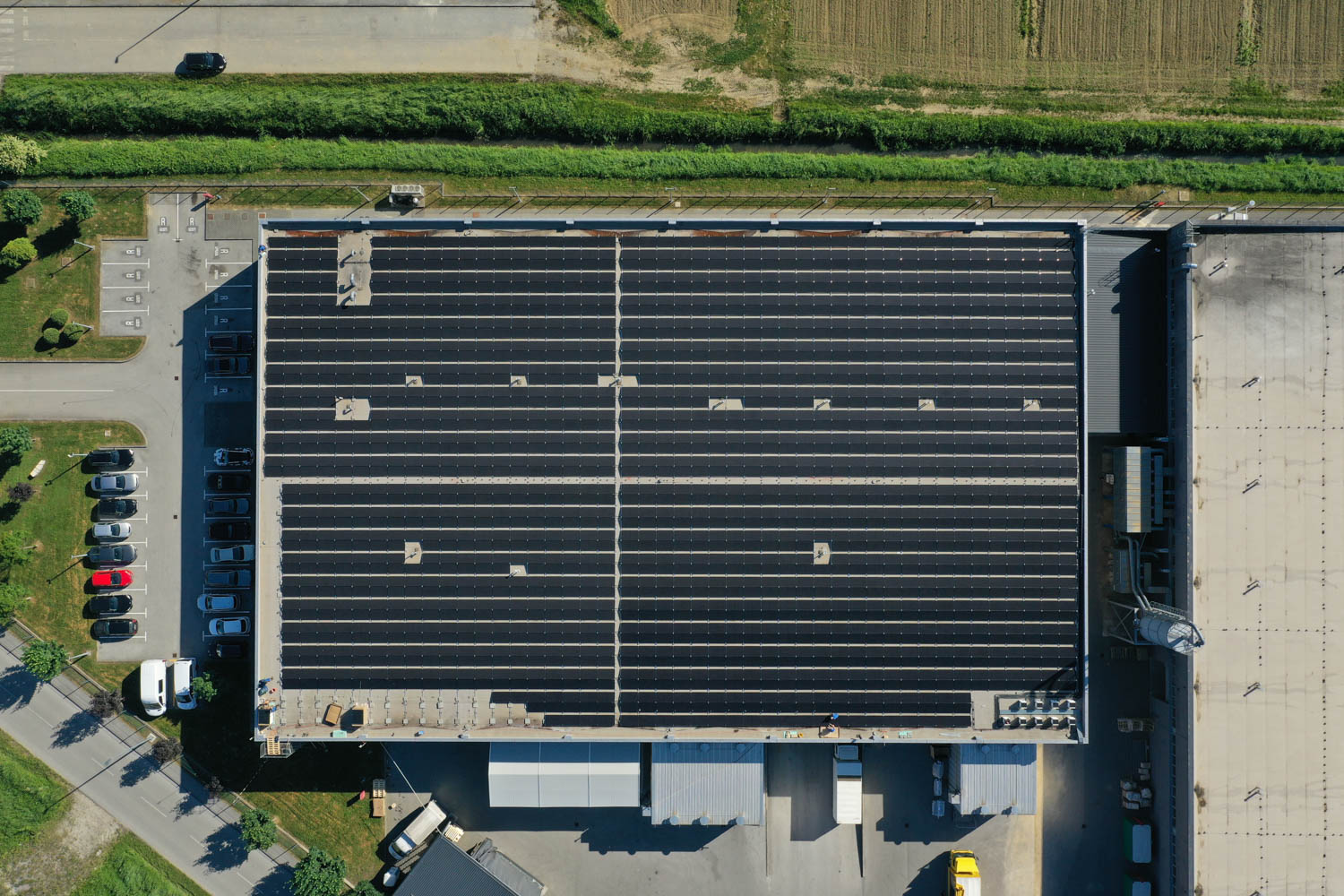
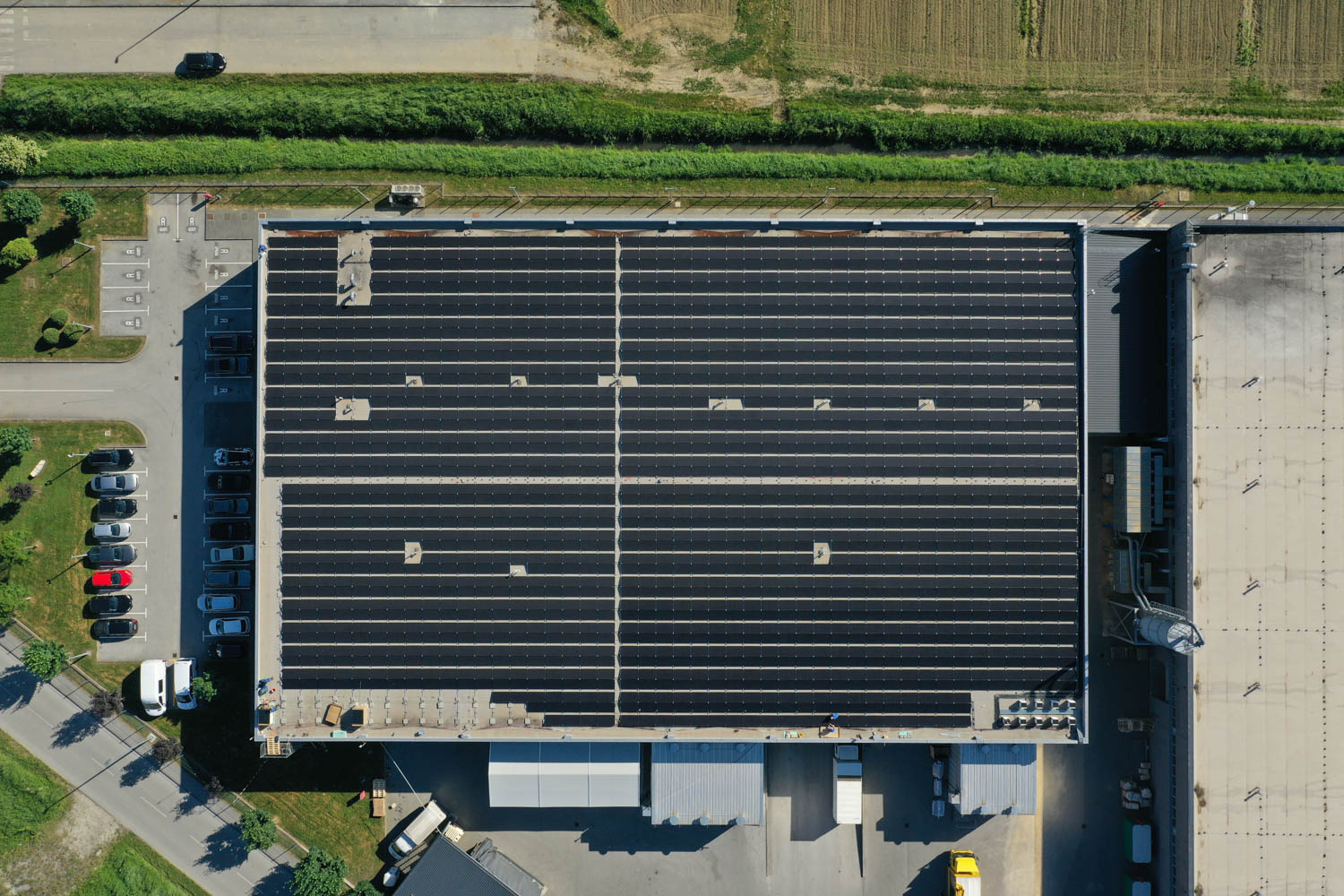
Finally, Prostoria is conscious about reducing their carbon footprint and emissions, through efficient in-house production processes, sourcing local wood from renewable sources, and integrating renewable energy sources. Currently, the brand’s factories are getting 50% of its energy from solar panels and a solar plant with a peak power of 450 kw, and by the end of 2024, they plan to source 100% of its energy from solar panels. Prostoria also aims to reduce their carbon footprint by 25% by 2025.
Learn How Prostoria Commits To Sustainability


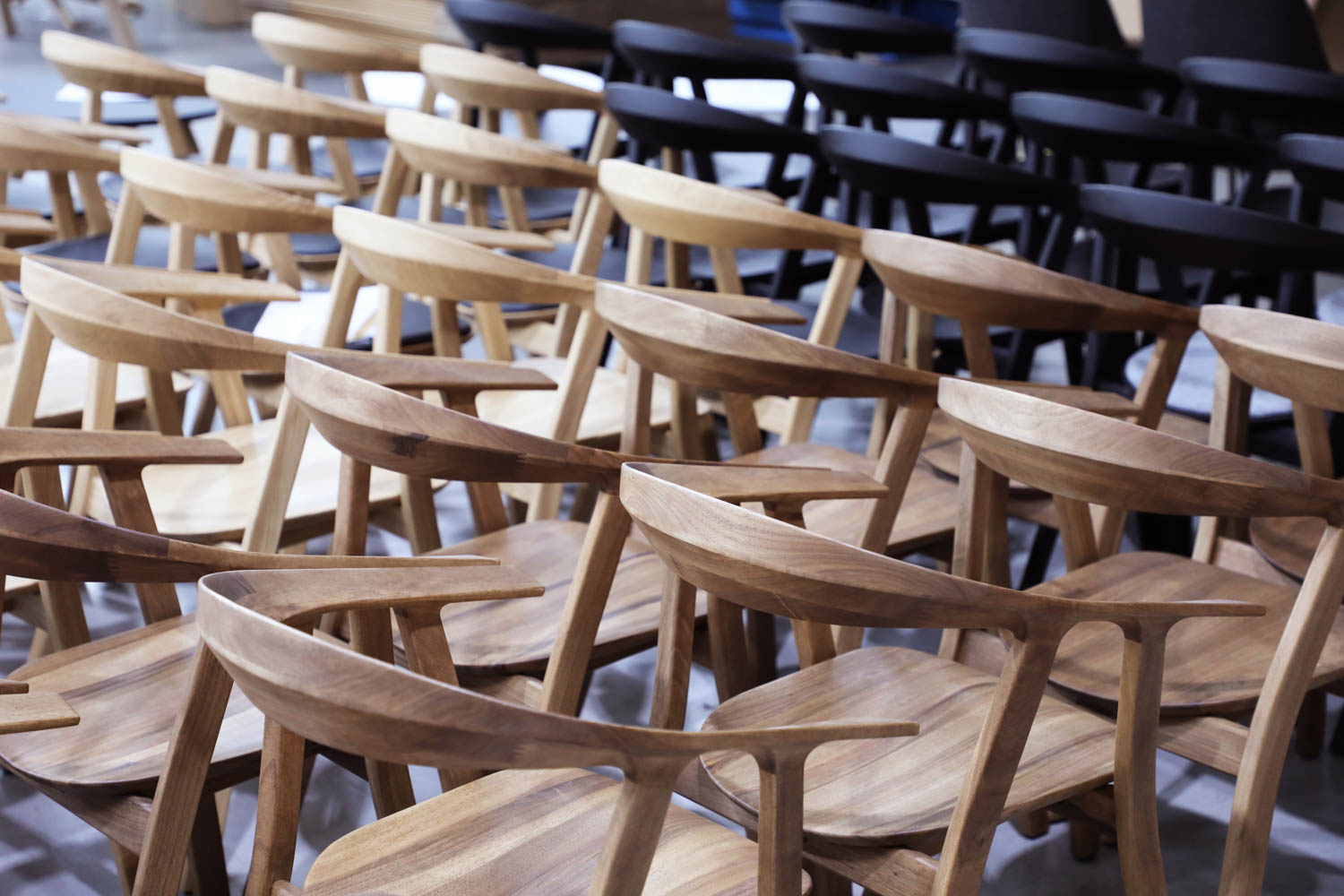
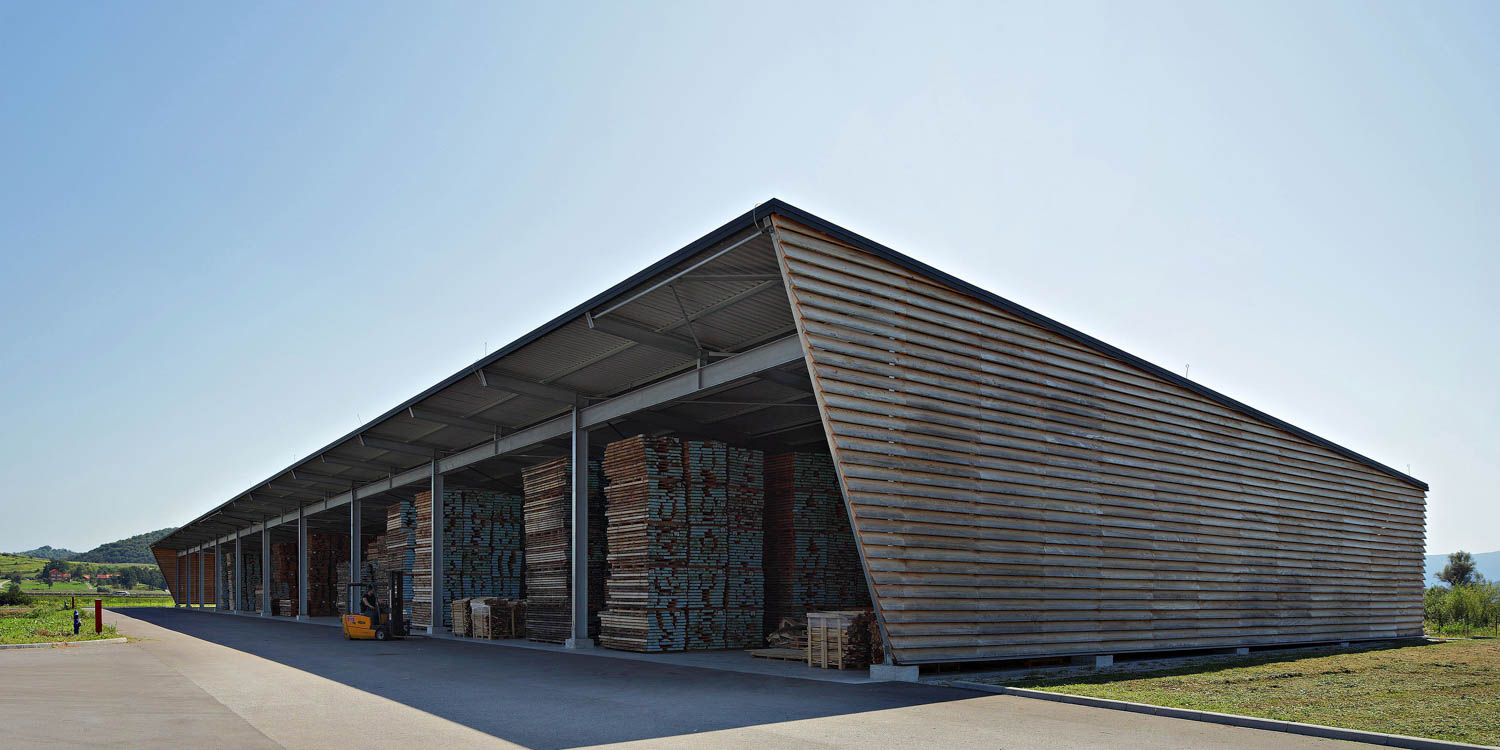
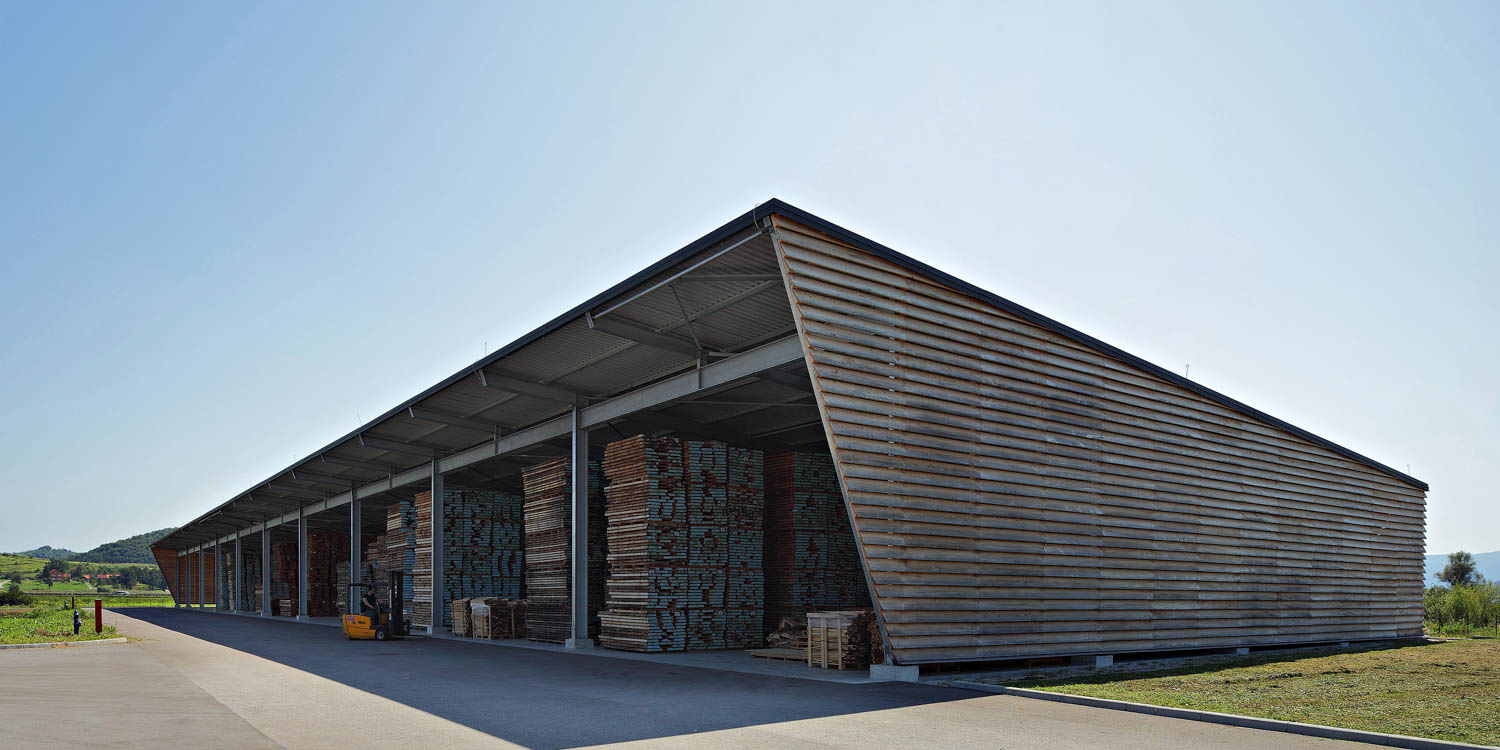
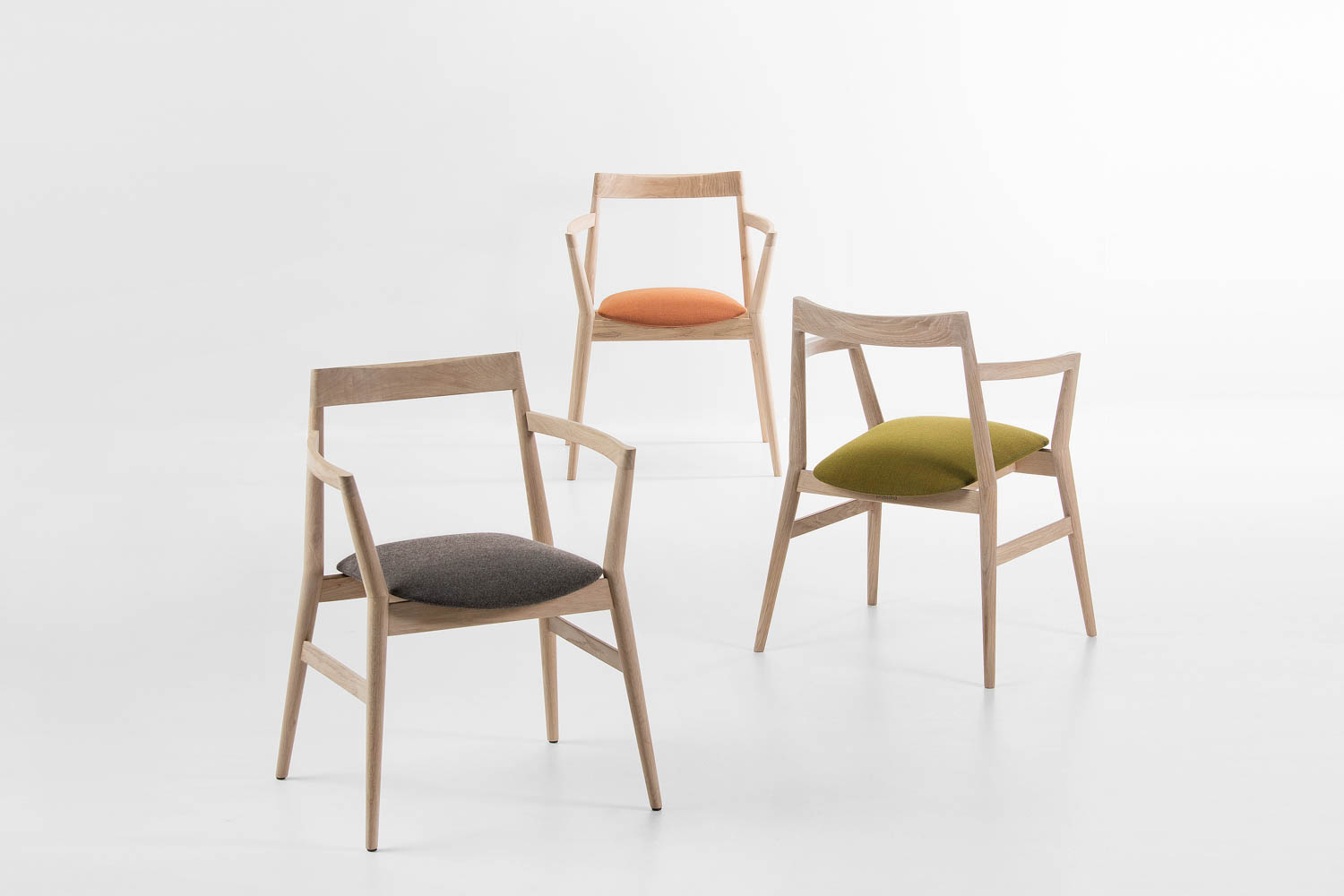
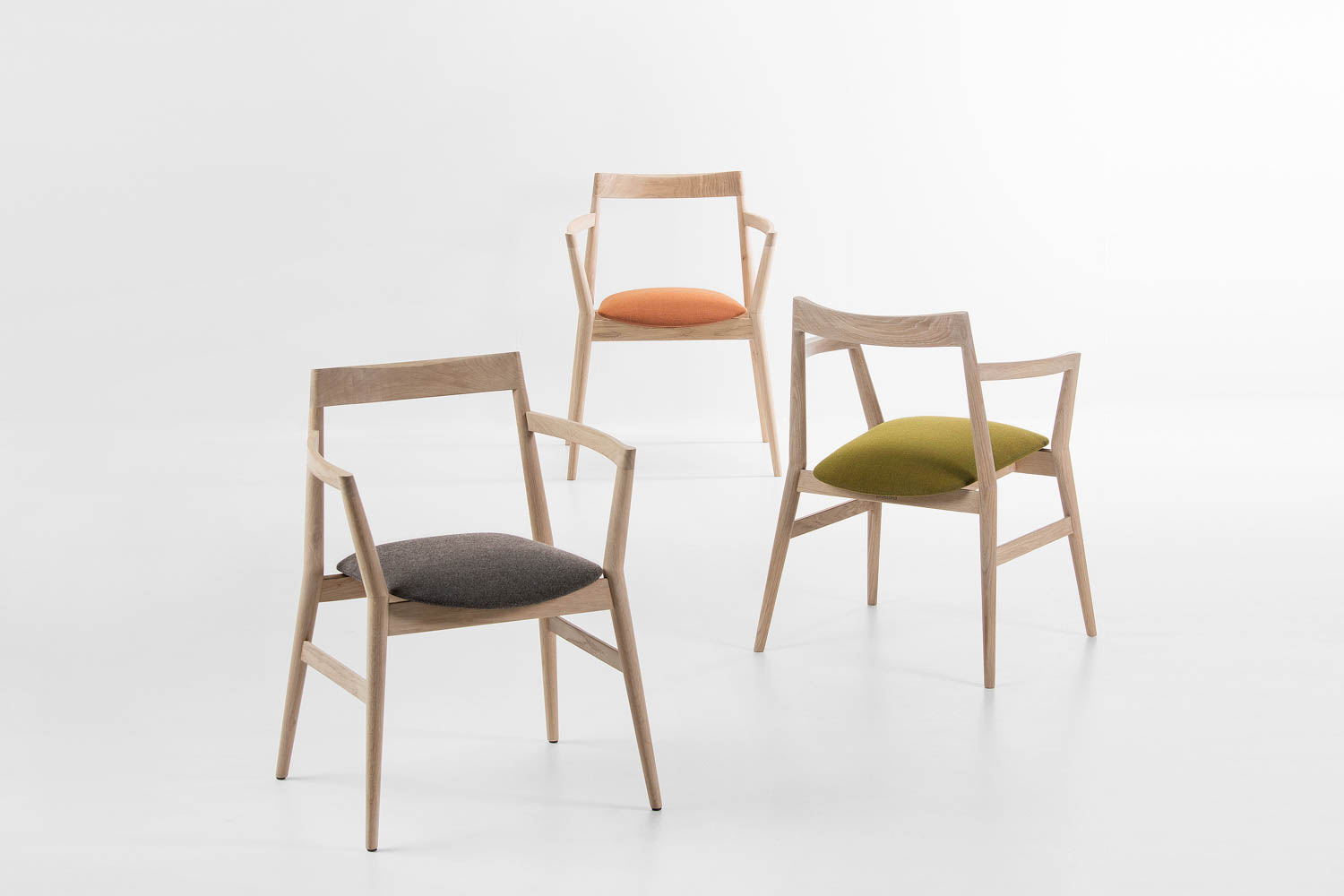
read more
Products
Marvel At This All-Marble Lamp With A Luminous Glow
Check out Hed, Kaoi’s graphic all-marble lamp with a striped base that makes it perfect for mixing and matching—and is economically priced to boot.
Products
Rebecca Moses Dreams Up Whimsical Wallcoverings
Fashion illustrator and designer Rebecca Moses’s passion for color and pattern is on display in this 10-print wallcovering collection with Momentum.
Products
Get Textured With This Neutral + Natural Wallcovering Collection
Spice up interiors with Laine + Alliage’s neutral refresh of their Dénudé wallcovering collection in warm to cool shades of sepia and putty.
